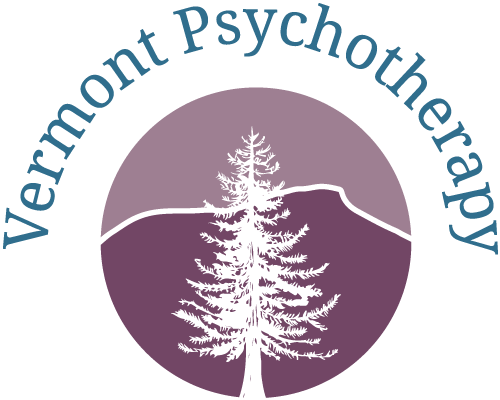Psychotherapy
Psychotherapy is the work that occurs between client and mental health professional in the context of a collaborative, trusting relationship to understand overall patterns, chronic issues, and recurrent feelings.
This often requires an openness to exploring the past and its impact on the present. The aim of psychotherapy is to resolve the underlying issues which fuel ongoing complaints. At other time, change and symptom relief comes from a willingness to stay in the present and work with our thoughts and our behaviors.
My particular practice is both psychodynamically and cognitively behaviorally informed. Assessment of the client’s needs and The specific treatment methods I use and the duration of psychotherapy will depend on your history, current circumstances, the issues we explore, and our mutually-established goals for therapy. Regardless of the treatment methods used, The focus will be on empowering you to make the changes you wish to make in your life.
Psychodynamic Psychotherapy
Psychodynamic psychotherapy focuses on the development of the self in the context of past relationships and experiences, and how that may translate into both conscious and unconscious motivation or conflict. This is examined in an effort to develop insight about current symptoms or patterns in relationship and behavior.
Cognitive Behavioral Therapy
Cognitive Behavioral therapy is based on the belief that the the way we think affects the way we feel and the way we think and feel effect the ways we behave. This behavior may include how we do or do not take care of ourselves, how we make choices or how we do or do not work toward goals and change.
CBT examines patterns of thinking, feeling and behaving in an effort to more accurately assess our thoughts about ourselves, other people, the world and the way we see ourselves in the future. Shifting our thinking in this way often changes the way we feel, thus making space for healthier choices and change.
